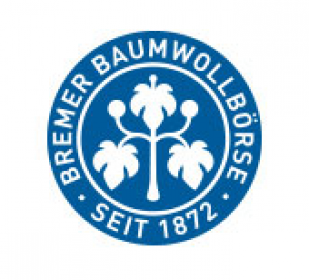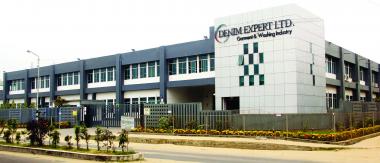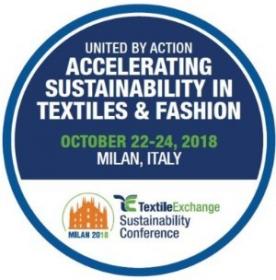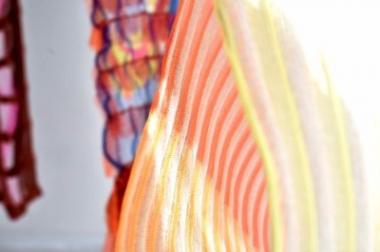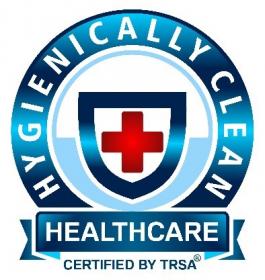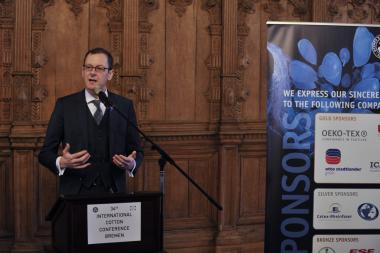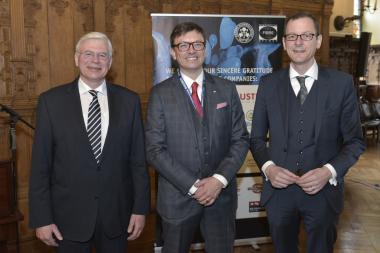Postponement of The 35th International Cotton Conference Bremen
We are now facing this challenge here in Bremen on the occasion of our 35th International Cotton Conference, which was to take place from 25 to 27 March. The coronavirus has been keeping the world on tenterhooks for some weeks now and, as you may have heard in the news, has also arrived in Germany and Bremen. As the organiser of an international conference, we have been forced to make a decision and it was by no means easy for us.
Due to the prevailing global threat from Covid-19, we will postpone the 35th International Cotton Conference Bremen for one year.
The World Health Authority (WHO), as well as the European and German health authorities are advising of significant health risks from transmission of the coronavirus. According to the Federal Foreign Office, data on the new virus is currently still limited, which makes risk assessment even more difficult.
In total, participants from more than 40 nations travel to Bremen for the Cotton Conference. In addition to the main conference, there are numerous side events. Many of our guests and conference participants are currently unsettled by the many negative reports. In the context of their responsibility, the organisers, the Bremen Cotton Exchange and the Fibre Institute Bremen, take the risks and concerns of all participants extremely seriously and would like to ensure planning reliability given the situation.
The 35th International Cotton Conference Bremen with the motto “Passion for Cotton” will now take place from 17 to 19 March 2021.
International Cotton Conference
Bremer Baumwollbörse.


